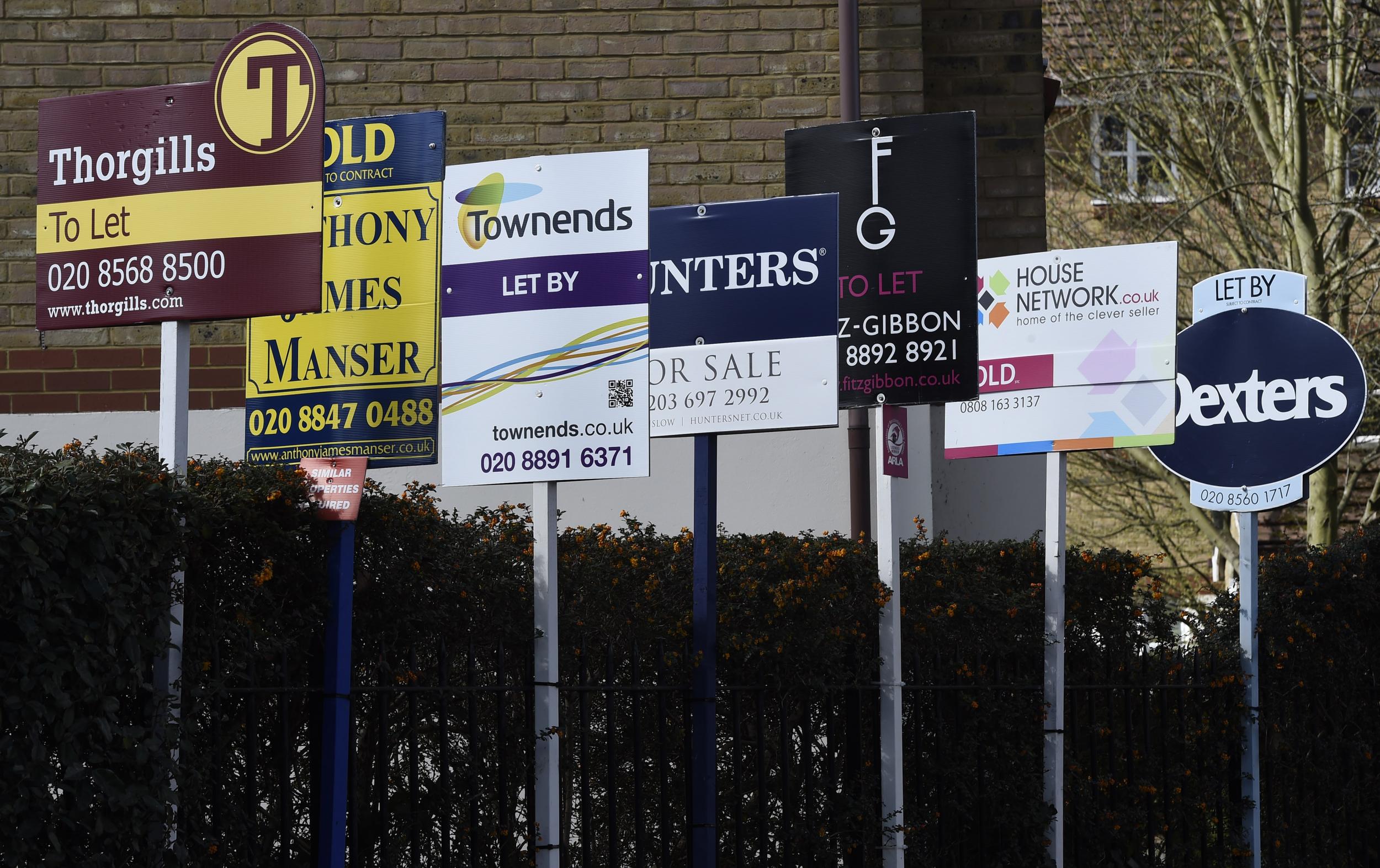Brexit drags UK property market to weakest level in six years
House prices fall in London, the south-east and East Anglia, while in the north-east, south-west and east Midlands they are flat

The UK property market is at its weakest for six years as worries about Brexit reduce demand, according to a survey of surveyors.
The number of people looking for a home fell in November while prices and sales figures were also down, the Royal Institute of Chartered Surveyors (RICS) found.
House prices fell in London, the south-east and East Anglia, while in the north-east, south-west and east Midlands they were flat.
A net balance of -21 per cent of surveyors said the number of people looking to buy fell in the month.
The number of new properties being listed for sale fell for the fifth consecutive month, and the net balance of -24 per cent was the fastest pace of decline in supply noted in more than two years.
Simon Rubinsohn, RICS chief economist said: “It is evident from the feedback to the latest RICS survey that the ongoing uncertainties surrounding how the Brexit process plays out is taking its toll on the housing market.
“Indeed, I can't recall a previous survey when a single issue has been highlighted by quite so many contributors.”
He warned that continued political uncertainty could put planned housing developments at risk, deepening the housing crisis.
The report echoes Halifax’s latest research which indicated house price growth has slipped to a six-year low of 0.3 per cent.
The outlook does not look set to improve in the near term with the net balance of surveyors expecting prices to fall over the next three months dropping to -25 per cent, from -17 per cent - close to the lows seen immediately after the 2016 referendum.
That reading points to a 2 per cent decline in house prices over the course of 2019, according to Samuel Tombs of Pantheon Macroeconomics.
“Until households can be sure that the economic status quo won’t change next year, we expect house prices to struggle,” he said.
The Bank of England is expected to raise interest rates next year as wage increases move ahead of inflation.
Any increase in rates above the current level of 0.75 per cent would provide further downward pressure on prices as mortgage repayments become more expensive.
In the rental market, demand is holding steady, but the supply of properties has declined. As a result, rents are expected to rise “modestly” over the next year, RICS said.
Subscribe to Independent Premium to bookmark this article
Want to bookmark your favourite articles and stories to read or reference later? Start your Independent Premium subscription today.

Join our commenting forum
Join thought-provoking conversations, follow other Independent readers and see their replies